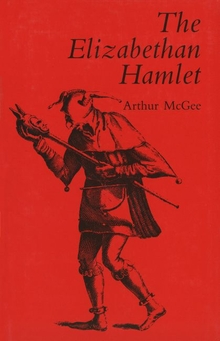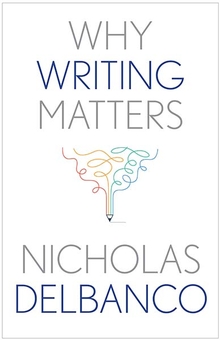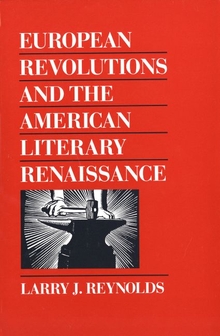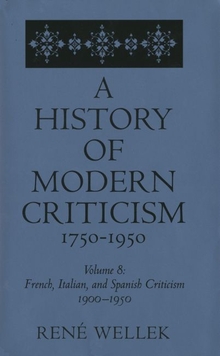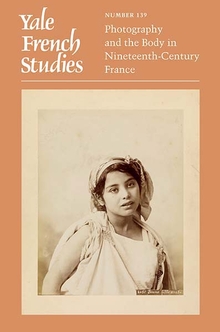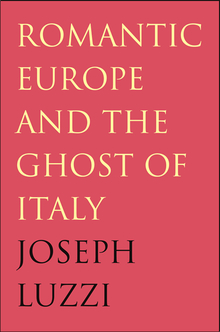The Elizabethan Hamlet
WARNING
You are viewing an older version of the Yalebooks website. Please visit out new website with more updated information and a better user experience: https://www.yalebooks.com
Arthur McGee
This original and provocative reinterpretation of Hamlet presents the play as the original audiences would have viewed it--a much bleaker, stronger, and more deeply religious play than it has usually been assumed to be. Arthur McGee draws a picture of a Devil-controlled Hamlet in the damnable Catholic court of Elsinore, and he shows that the evil natures of the Ghost and of Hamlet himself were understood and accepted by the Protestant audiences of the day.
Using material gleaned from an investigation of play-censorship, McGee offers a comprehensive discussion of the Ghost as Demon. He then moves to Hamlet, presenting him as satanic, damned as revenger in the tradition of the Jacobean revenge drama. There are, he shows, no good ghosts, and Purgatory, whence the Ghost came, was reviled in Protestant England. The Ghost's manipulation extends to Hamlet's fool/madman role, and Hamlet's soliloquy reveals the ambition, conscience, and suicidal despair that damn him. With this viewpoint, McGee is able to shed convincing new light on various aspects of the play. He effectively strips Ophelia and Laertes of their sentimentalized charm, making them instead chillingly convincing, and he works through the last act to show damnation everywhere. In an epilogue, he sums up the history of criticism of Hamlet, demonstrating the process by which the play gradually lost its Elizabethan bite. Appendixes develop aspects of Ophelia.
Using material gleaned from an investigation of play-censorship, McGee offers a comprehensive discussion of the Ghost as Demon. He then moves to Hamlet, presenting him as satanic, damned as revenger in the tradition of the Jacobean revenge drama. There are, he shows, no good ghosts, and Purgatory, whence the Ghost came, was reviled in Protestant England. The Ghost's manipulation extends to Hamlet's fool/madman role, and Hamlet's soliloquy reveals the ambition, conscience, and suicidal despair that damn him. With this viewpoint, McGee is able to shed convincing new light on various aspects of the play. He effectively strips Ophelia and Laertes of their sentimentalized charm, making them instead chillingly convincing, and he works through the last act to show damnation everywhere. In an epilogue, he sums up the history of criticism of Hamlet, demonstrating the process by which the play gradually lost its Elizabethan bite. Appendixes develop aspects of Ophelia.
Arthur McGee was until his retirement a schoolteacher in and around Glasgow.
"[This book] will. . . be enjoyed for its fluency of style and its abundance of fascinating material."—Vivian Thomas, Encounter
"This provocative study flies in the face of over three centuries of well-established critical assumptions concerning Hamlet. . . . This book has the virtue of sending one back to the text of the play to look more closely at material that familiarity has hardened into a carapace."—Margaret Loftus Ranald, Renaissance Quarterly
"This book should. . . appeal to all those serious Shakespearians who are seeking messages, interpretations, and characters."—Eric Sams, Notes and Queries
"McGee's reading of Hamlet is highly original and boldly provocative."—Gyorgy E. Szonyi, Comparative Drama
ISBN: 9780300039887
Publication Date: September 10, 1987
Publication Date: September 10, 1987
214 pages, 6 1/8 x 9 1/4

